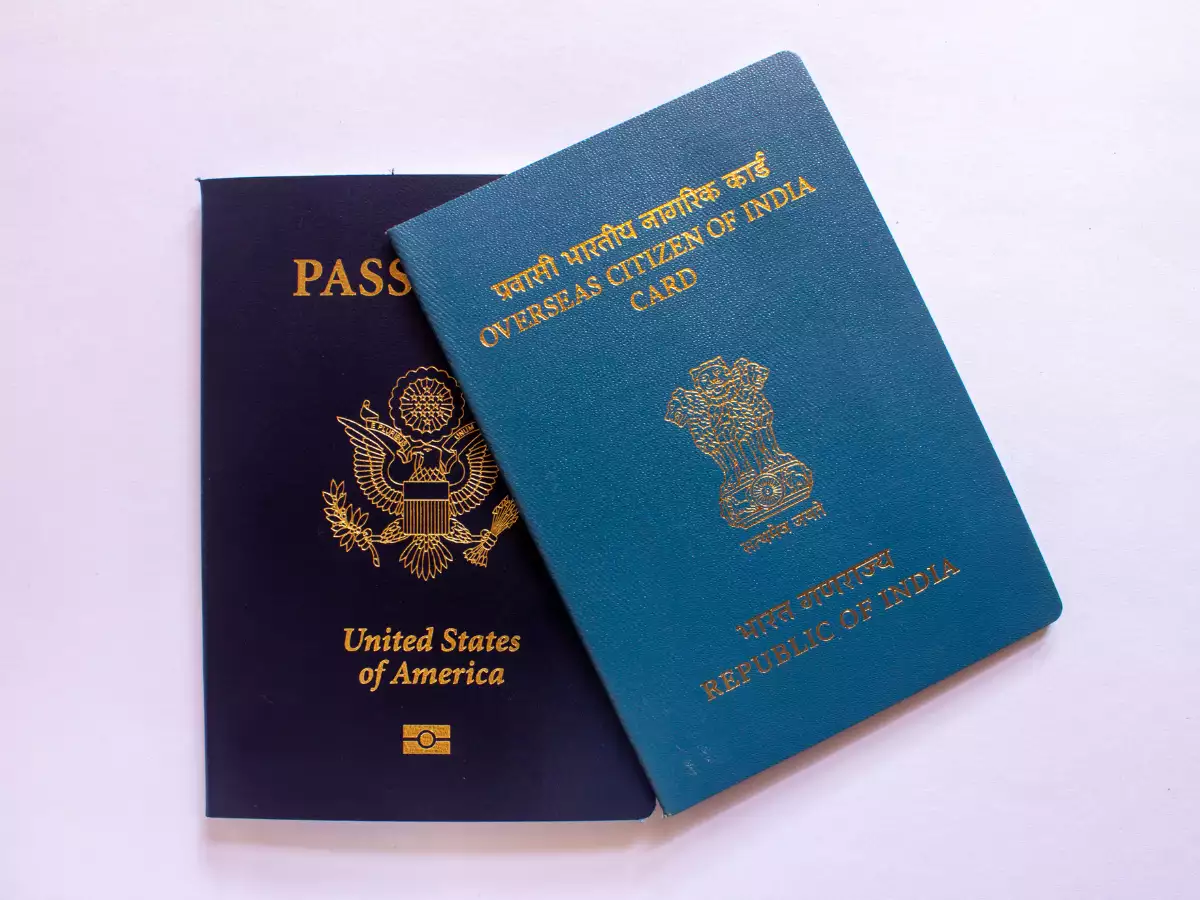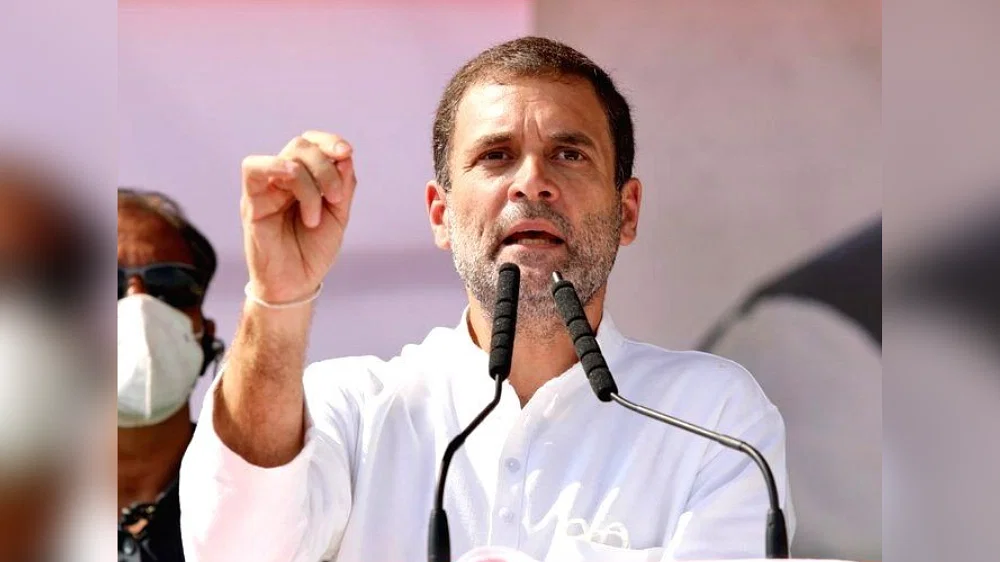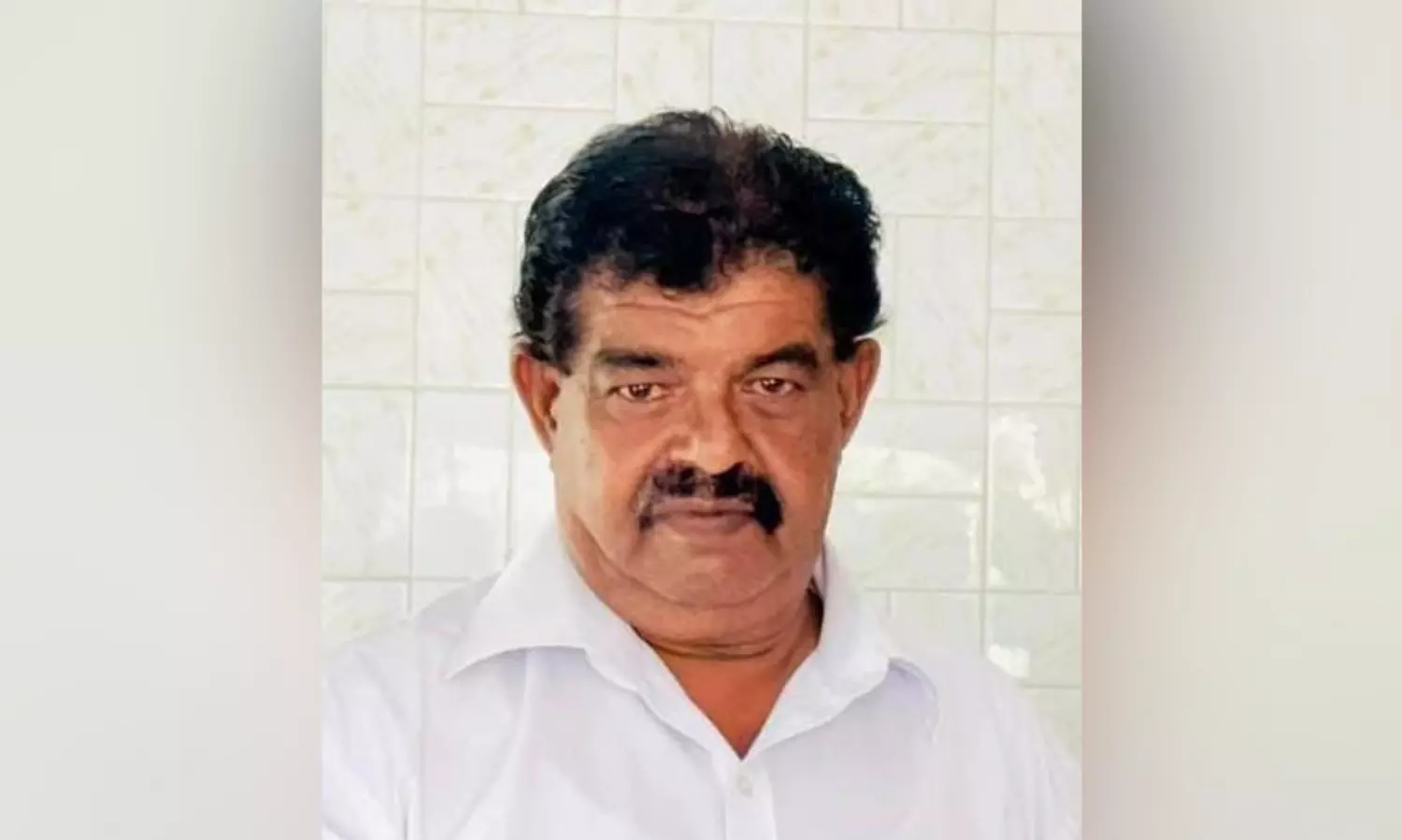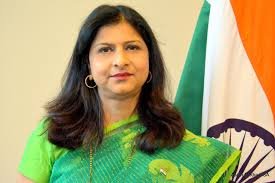The Constitution of India does not allow the holding of Indian citizenship with that of a foreign country simultaneously
If more than one country recognizes you as a citizen, you have dual citizenship. The concept of dual nationality means that a person is a national of two countries at the same time.
Each country has its own nationality laws based on its own policy. You may have dual nationality by automatic operation of different laws rather than by choice.
For example, a child born in a foreign country to US national parents may be both a US national and a national of the country of birth.
Or, an individual having one nationality at birth may naturalize at a later date in another country and become a dual national.
The Constitution of India does not allow the holding of Indian citizenship with that of a foreign country simultaneously.
However, the Government of India introduced the Overseas Citizenship of India (OCI) in 2005.
Persons of Indian Origin (PIOs) of certain category who migrated from India and acquired citizenship of a foreign country other than Pakistan and Bangladesh, are eligible for the OCI as long as their home countries allow dual citizenship in some form or other under their relevant national laws.
Overseas Citizens of India will not have the right to vote or be elected to the Lok Sabha/Rajya Sabha/Legislative Assembly/Council, constitutional posts such as the President, Vice-President, Judge of Supreme Court/High Court, etc.
Foreign Passport, Cancelled Indian Passport, PIO card (if applied on the basis of PIO card) Original Receipt of payment of fees, Print-out of the online enquiry status, have to be presented at the time of collection of the OCI card
Registered OCI shall be entitled to the following benefits: Multiple entry, multi-purpose lifelong visa to visit India; Exemption from reporting to police authorities for any length of stay in India; and Parity with Non-Resident Indians (NRIs) in financial, economic and educational fields except in the acquisition of agricultural or plantation properties.
Guidelines for obtaining a new OCI when OCI cardholder acquires a new Passport: OCI card is required to be re-issued each time a new passport is acquired by the cardholder up to the age of 20 years.
OCI card is required to be re-issued once on acquiring a new passport after completing 50 years of age.
Re-issuance for OCI card is not required each time a passport is issued to a cardholder between 21 and 50 years of age.
The following documents would be required to be presented at the time of collection of the OCI card: Foreign Passport, Cancelled Indian Passport, PIO card (if applied on the basis of PIO card) Original Receipt of payment of fees, Print-out of the online enquiry status.
Can a person registered as an OCI be granted Indian citizenship? Yes, a person who is registered as an OCI for 5 years and is residing in India for 1 year out of the above 5 years, is eligible to apply for Indian Citizenship.
But once the citizenship is granted, they will have to surrender any other citizenship they may hold.
What are the advantages of the OCI when compared to PIO cardholders?
An OCI is entitled to lifelong visa with free travel to India whereas for a PIO card holder, it is only valid for 15 years.
A PIO cardholder is required to register with local Police authority for any stay exceeding 180 days in India on any single visit whereas an OCI is exempted from registration with Police authority for any length of stay in India.
An OCI gets a specific right to become an Indian Citizen whereas the PIO card holder does not have this facility.
*********************************************************
Readers
These are extraordinary times. All of us have to rely on high-impact, trustworthy journalism. And this is especially true of the Indian Diaspora. Members of the Indian community overseas cannot be fed with inaccurate news.
Pravasi Samwad is a venture that has no shareholders. It is the result of an impassioned initiative of a handful of Indian journalists spread around the world. We have taken the small step forward with the pledge to provide news with accuracy, free from political and commercial influence. Our aim is to keep you, our readers, informed about developments at ‘home’ and across the world that affect you.
Please help us to keep our journalism independent and free.
In these difficult times, to run a news website requires finances. While every contribution, big or small, will makes a difference, we request our readers to put us in touch with advertisers worldwide. It will be a great help.
For more information: pravasisamwad00@gmail.com








